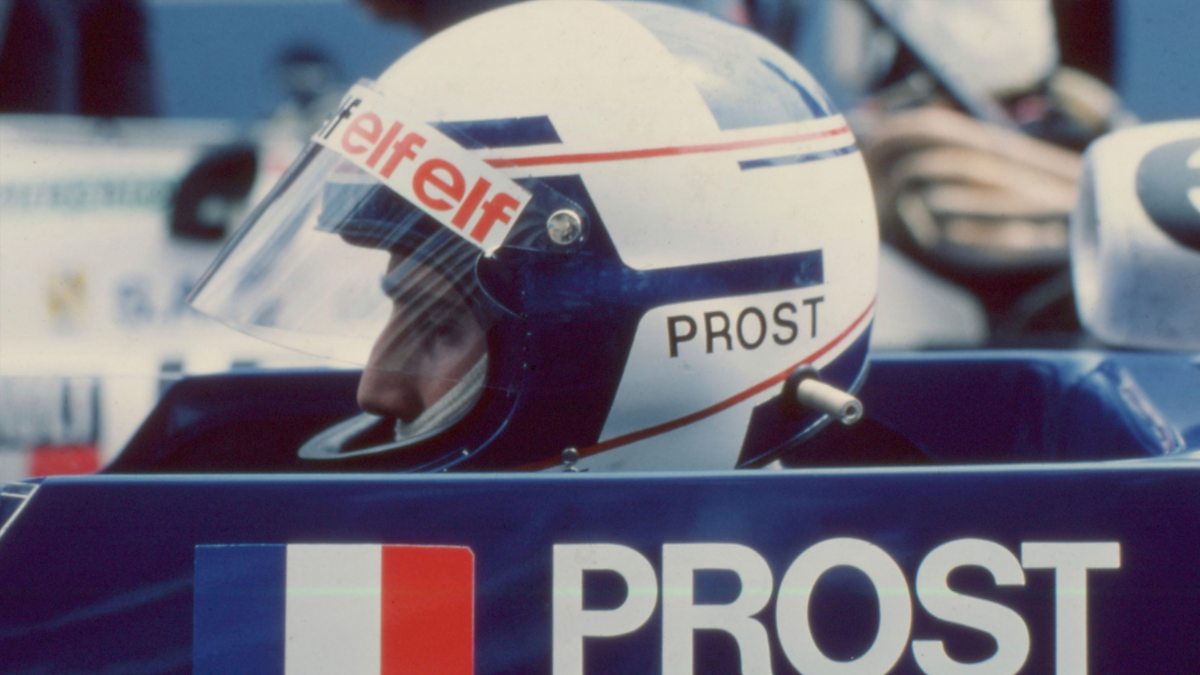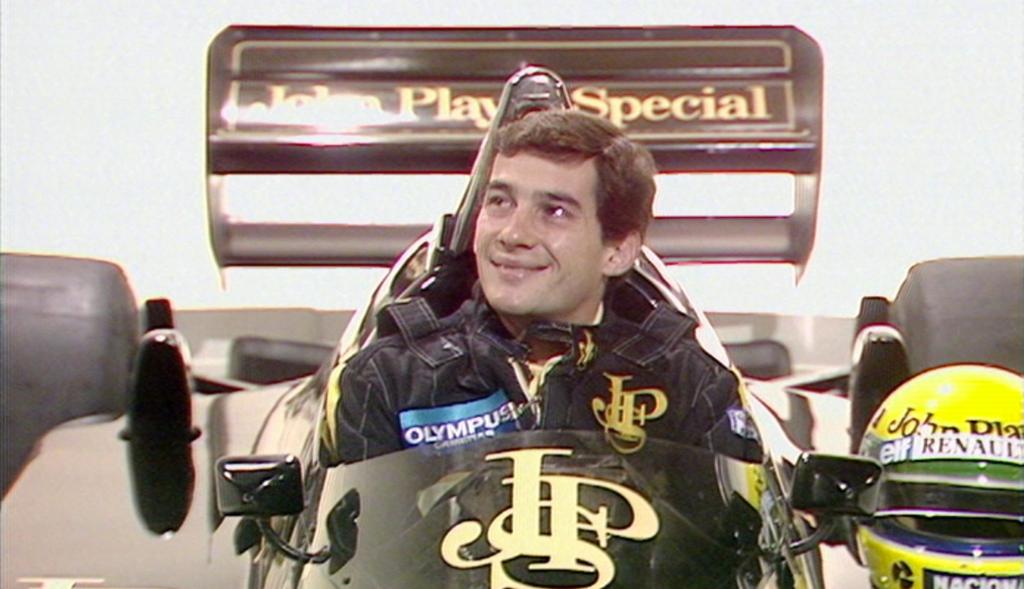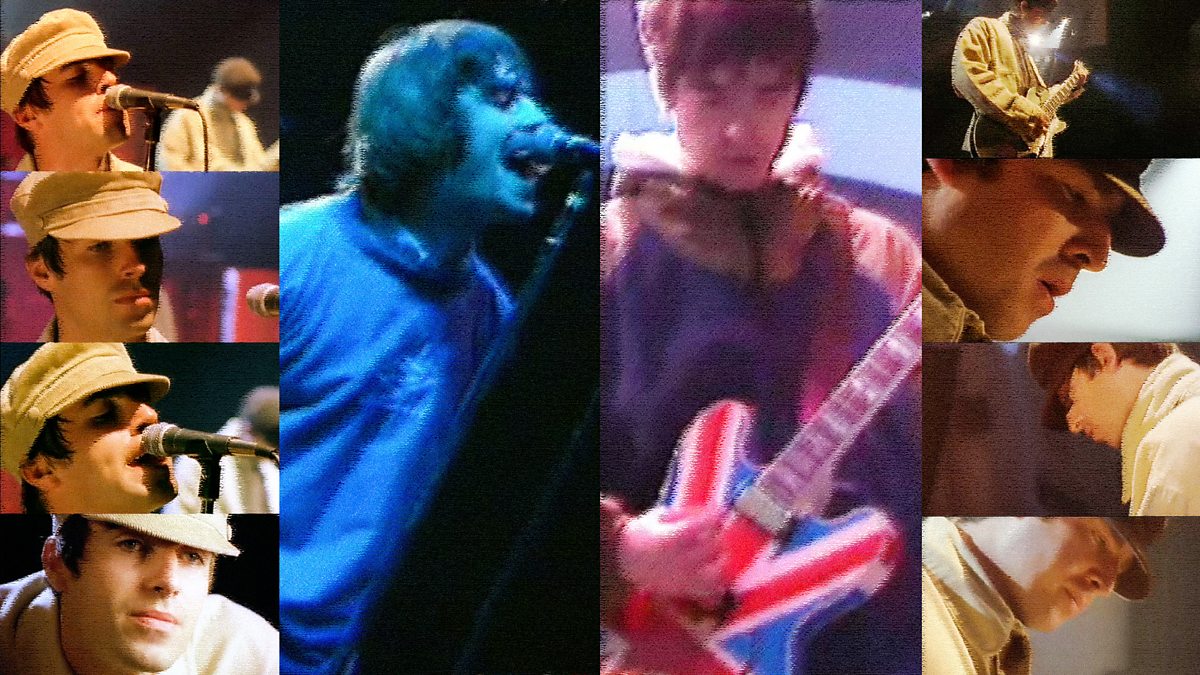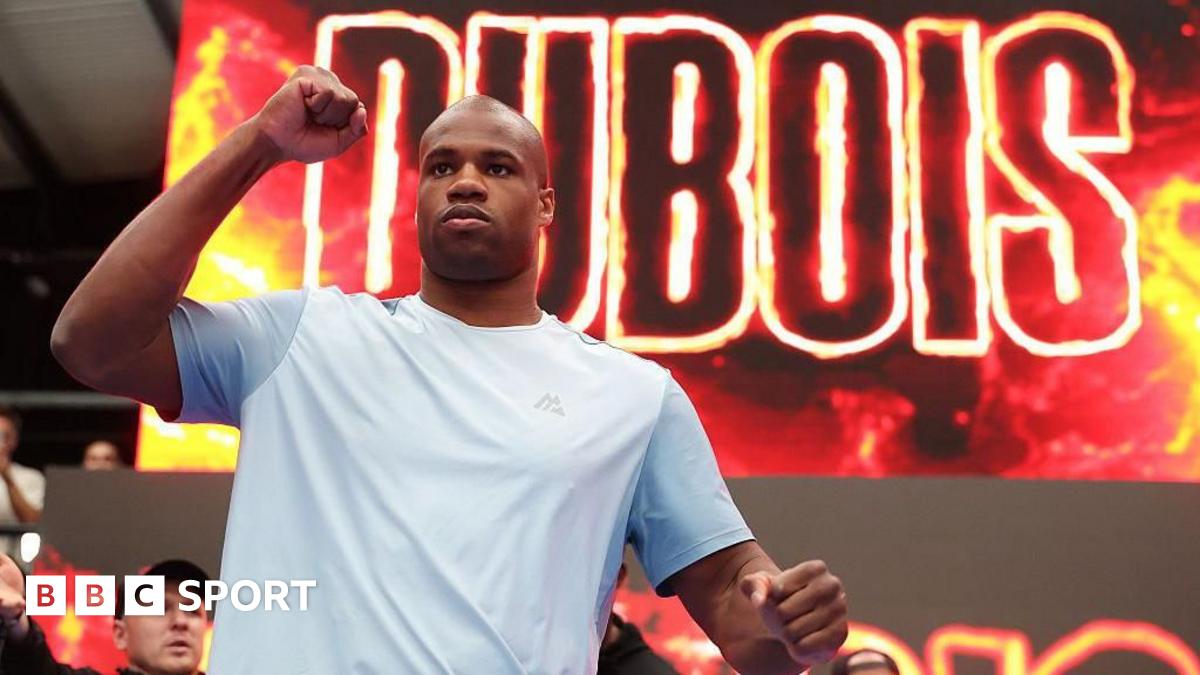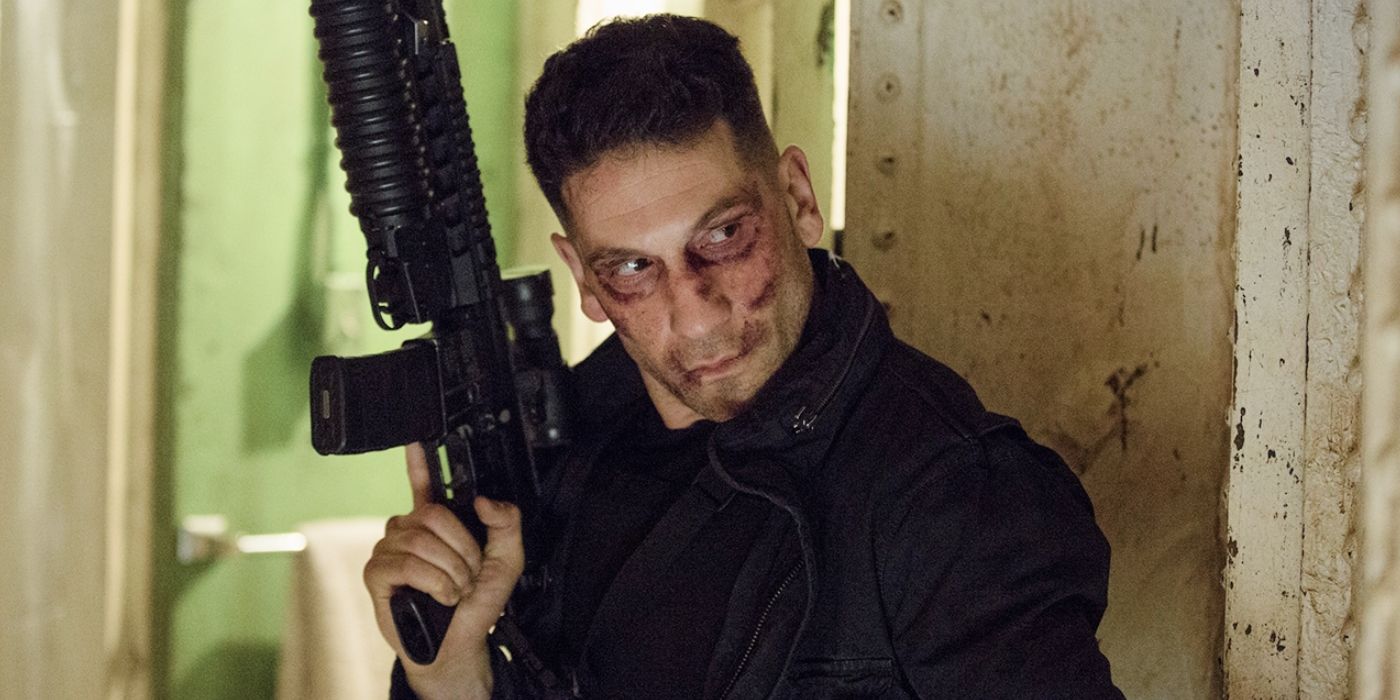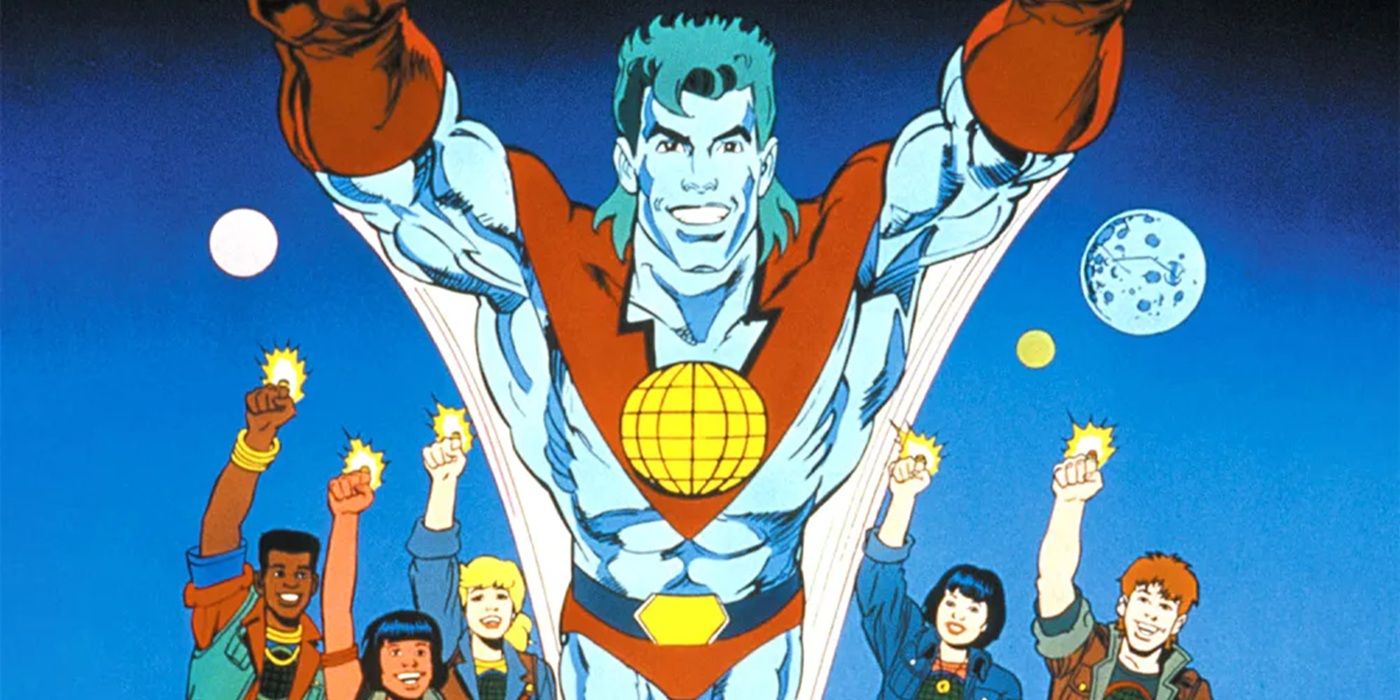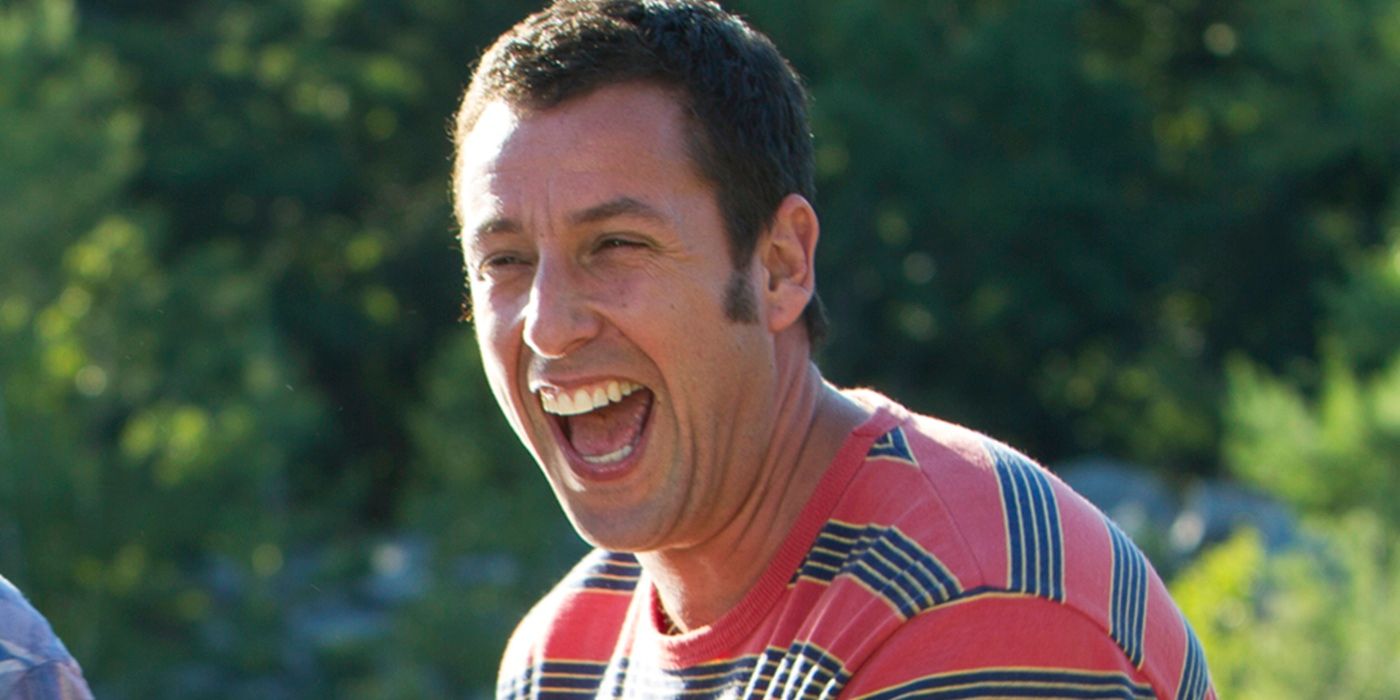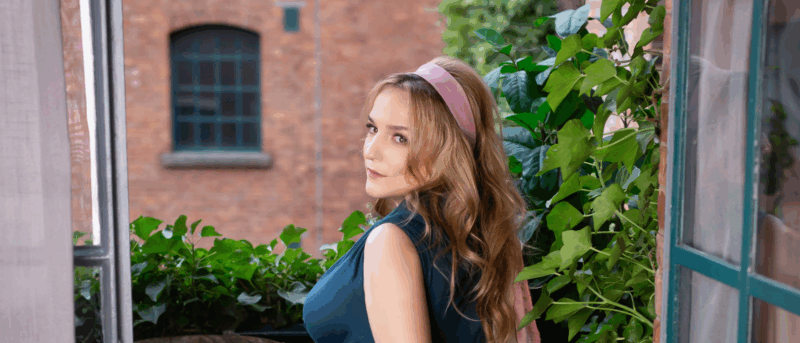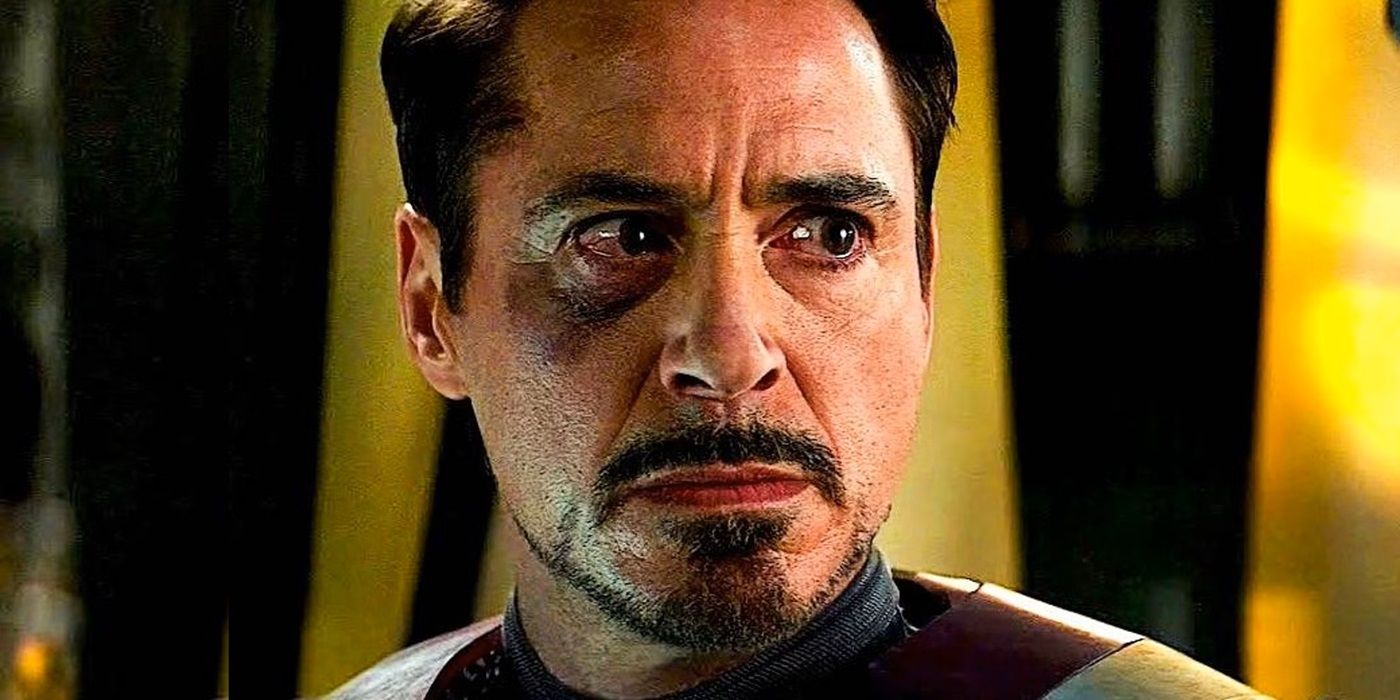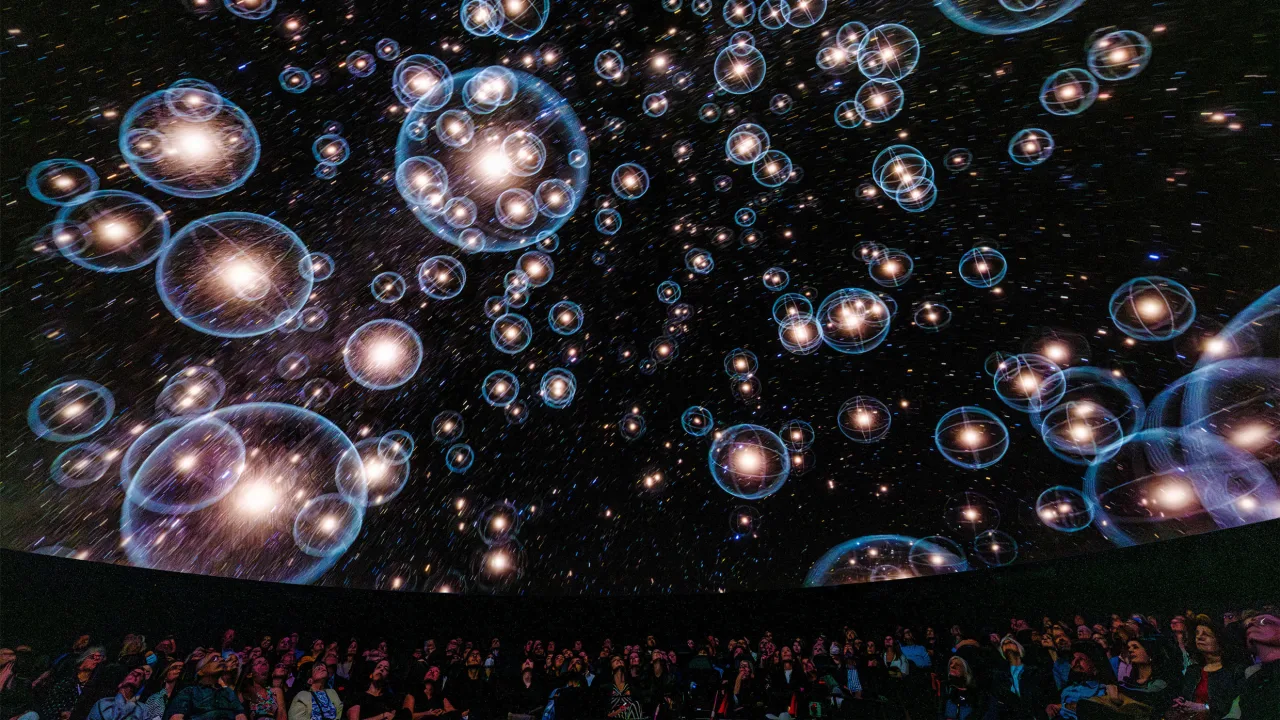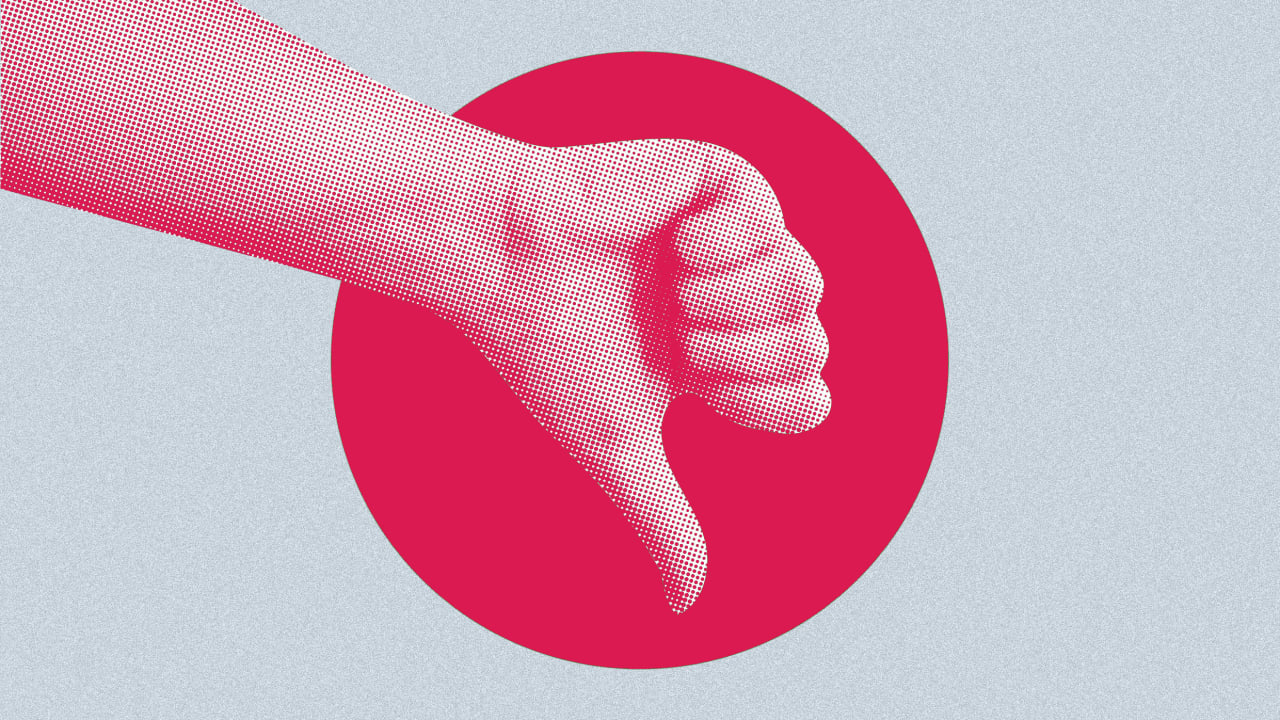How a legacy theater organization in Massachusetts is using a startup mentality to reinvent itself
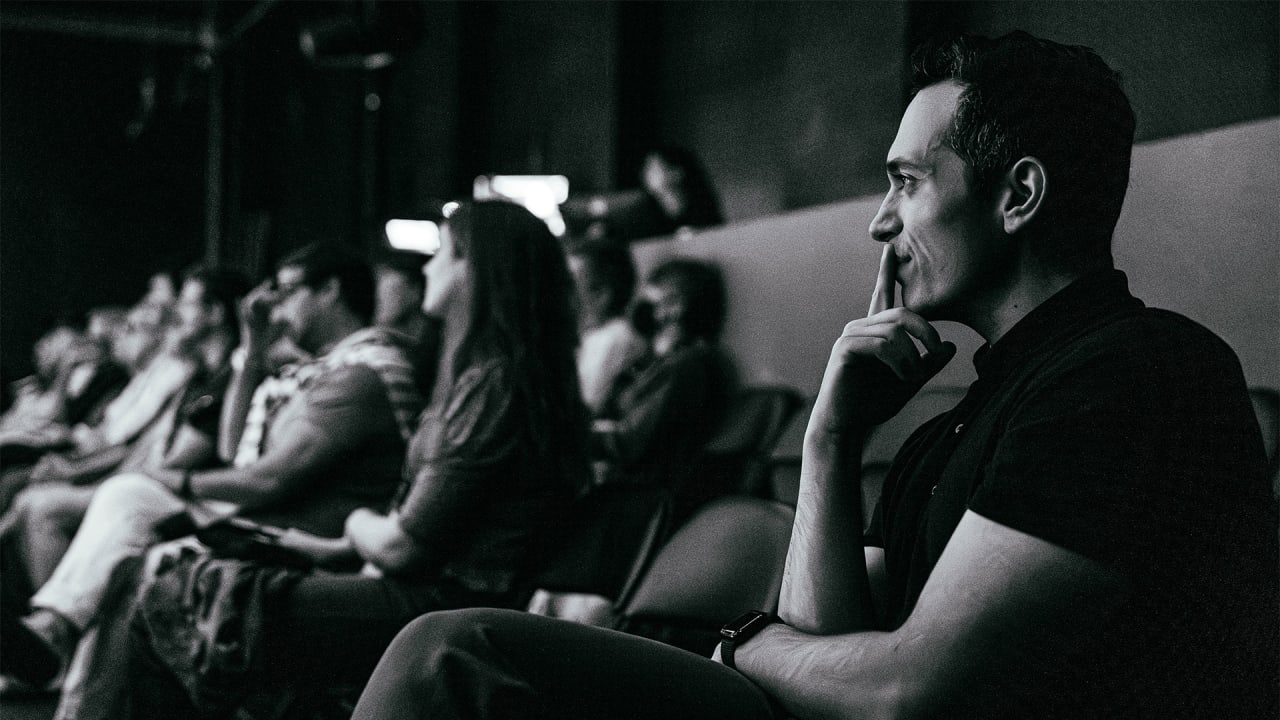
Known for launching Broadway hits and hosting celebrity casts, the storied Williamstown Theatre Festival is writing its next chapter, both onstage and behind the scenes. With a new creative director, expanded programming, and what it describes as a startup mentality, the festival aims to become the “Coachella of theater,” bringing the legacy institution to newfound cultural relevancy.
The festival kicked off its 71st iteration on Thursday, July 17, on the picturesque campus of Williams College in the Berkshires of western Massachusetts. While not necessarily a household name to non-theater fans, it has been a major springboard for talent for decades, helping to launch the careers of renowned actors Christopher Walken, Bradley Cooper, and Viola Davis, and playwrights Dominique Morisseau, Terrence McNally, and Michael R. Jackson, among many others.
Yet despite its storied legacy, the festival is facing similar struggles as its peers. Nonprofit theaters across the country have been hurting since the pandemic, struggling to regain their pre-COVID audiences, leading to a number of closures, fewer shows, and scaled-back programming.
“The traditional nonprofit theater model isn’t sustainable anymore, and our choice in this moment was really innovation over inertia,” Raphael Picciarelli, managing director of strategy and transformation at Williamstown, told Fast Company.
While before, programming centered on single theater productions, with around seven plays spread out over 12 weeks, the new model condenses the festival’s timeline, offers experiences beyond sit-down shows, and brings big names like Jeremy O. Harris and Kaia Gerber to the mix.
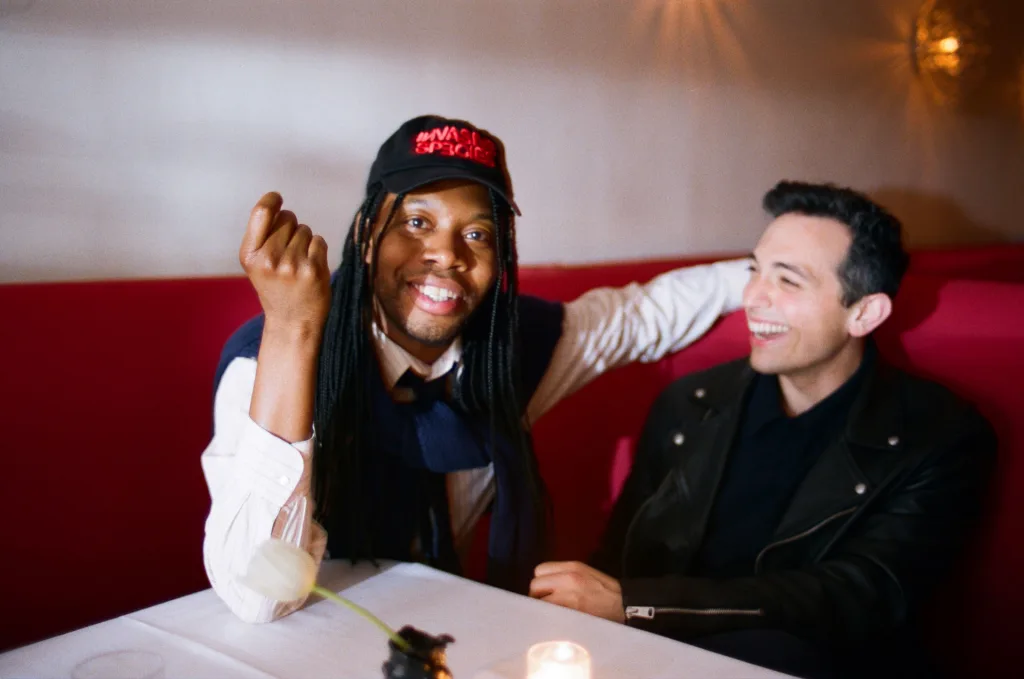
“We’re really reimagining our entire operating and business model,” Picciarelli says.
With big risk comes big investment: The festival is increasing its budget for this summer to $8 million, up from $4.7 million last year. The increase is made possible with help from a number of large anonymous donors, the festival says, while the organization is actively pursuing new revenue streams.
Staging transformation
Picciarelli first joined Williamstown at a “point of reflection,” he says, following a series of work culture concerns and rising costs in the industry, and with many live theater organizations still reeling from the COVID-19 pandemic.
With a background in consulting (he advised C-suite executives on how to change organizations from the inside out) in addition to live theater, Picciarelli began consulting for the festival during the summer of 2023.
“The leadership and board made a very sound, responsible decision to pull back in terms of programming and to take a second to really think about the future,” he says, referencing a more limited 2023 repertoire.
Early on, Picciarelli identified the organization’s strongest traits, its small 14-person full-time team and renowned legacy, which combined with the festival’s yearn for change proved to be a perfect opportunity for transformation.
“There was a real desire for innovation, which you don’t always see at legacy institutions,” he says. “Innovation requires the space to try and fail and try again.”
For instance, last year the festival held a weekend event with 16 shows to test how many shows could be staged simultaneously.
It turns out “16 was too much,” says Antonello Di Benedetto, assistant managing director and a staff member of nine years. “That’s how we settled on eight for this year. We’re going to see if that is the right cadence, or if we need to increase it or decrease it next year. But it’s totally a prototype.”
Serving as an experiment for the future of the festival, and theater industry as a whole, Williamstown is spearheading change with cues from the private sector, and startups in particular.
“Adopting a startup mindset, as opposed to a more institutional mindset, is about testing new formats, rethinking how people access the work, and creating this more flexible, nimble infrastructure to really support that right,” Picciarelli says.
New strategies, big names
Operationally, one of the biggest additions to the festival is the creation of its “creative collective,” a group of multidisciplinary guest curators set to rotate every year, led by Harris, who rose to fame as the writer of Broadway’s Tony-nominated Slave Play.
“A key part of this innovation in terms of bringing new voices into the artistic process [is] really breaking open the curation model,” Picciarelli says.
The collective includes Gerber with Alyssa Reeder; Christopher Rudd; and Alex Stoclet, who are leading the literary, dance, and music curation, respectively. The introduction of musical elements and dance as alternative forms to experience storytelling is also a part of the festival’s transformative push.
Additionally, the festival is adopting a multiday ticketing approach. “Its like the Coachella or Sundance of theater, where you’re bringing people together over an extended period of time to just immerse themselves,” Di Benedetto says.
In terms of onstage programing, organizers are also taking risks and attracting known talent—for instance, by staging the first opera in the festival’s history, or bringing actresses like Pamela Anderson and Amber Heard to this year’s productions. Visitors can also enjoy visual and audio installations, nature walks, comedy shows, and even a show in an ice rink.
“Building the right guardrails”
Beyond what visitors can expect to see while at the festival, a lot of the transformation has taken place behind the curtain to build a new work culture.
As is common in the theater industry, labor at the festival had been unregulated and oftentimes unpaid. In 2021, the Los Angeles Times reported on an eight-page letter sent to the Williamstown Theatre Festival’s organizers and board of trustees outlining a toxic work culture and pattern of safety hazards in the organization.
“People overworked themselves because they were doing it for the love of the art. But we have to be honest—it’s also a profession,” Di Benedetto says. “If any other industry behaved in the same way, it would never hold water.”
He adds that the theater industry “is now finally catching up to the idea that this is also a job.”
Organizers are trying to prove there can be a business model in theater that is not reliant on exploitation. Since 2021, all seasonal workers at the festival are paid regardless of their position, including apprentices and interns. Additionally, while seasonal workers could previously be staffed to do various things, from electrical to costume work, positions are now structured with clear expectations.
Written guidelines are also enforced to keep workers and the organization accountable, and to ensure that all team members are treated equitably and respectfully.
For instance, daily and weekly hour caps and mandatory breaks throughout the day are now in practice. A list of culture values and statements was also developed ahead of this year’s festival, and will be available on the newly launched “company hub,” which centralizes information for staff.
“As we are in this startup phase and as much as we’re really pushing forward in inventive ways, we also know where we’ve been,” Picciarelli says. “Part of this work is also continuing to be cognizant and review and be careful with our internal practices to really ensure that this is a healthy, respectful, and sustainable place to be—and to work with that, building the right guardrails, investing in our people in the right way.”
What's Your Reaction?
 Like
0
Like
0
 Dislike
0
Dislike
0
 Love
0
Love
0
 Funny
0
Funny
0
 Angry
0
Angry
0
 Sad
0
Sad
0
 Wow
0
Wow
0







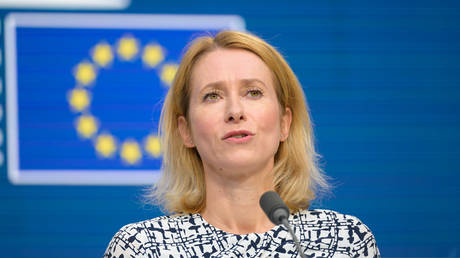



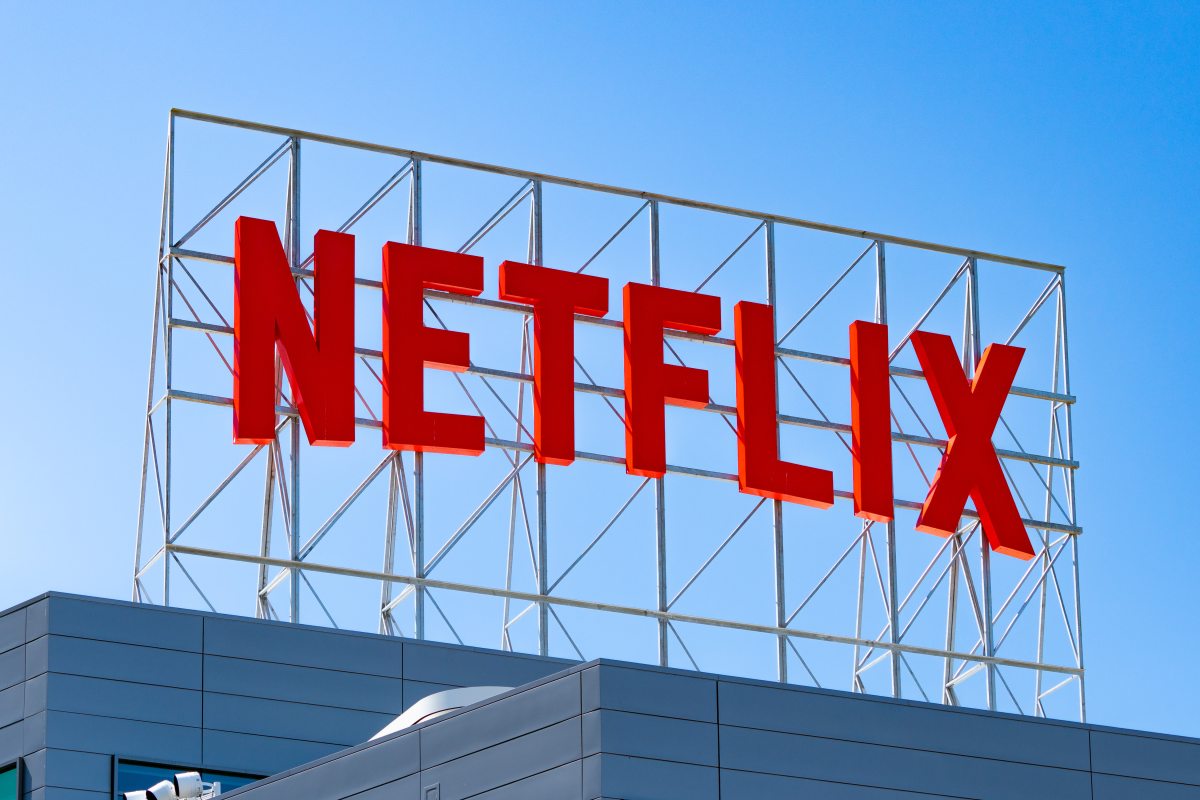




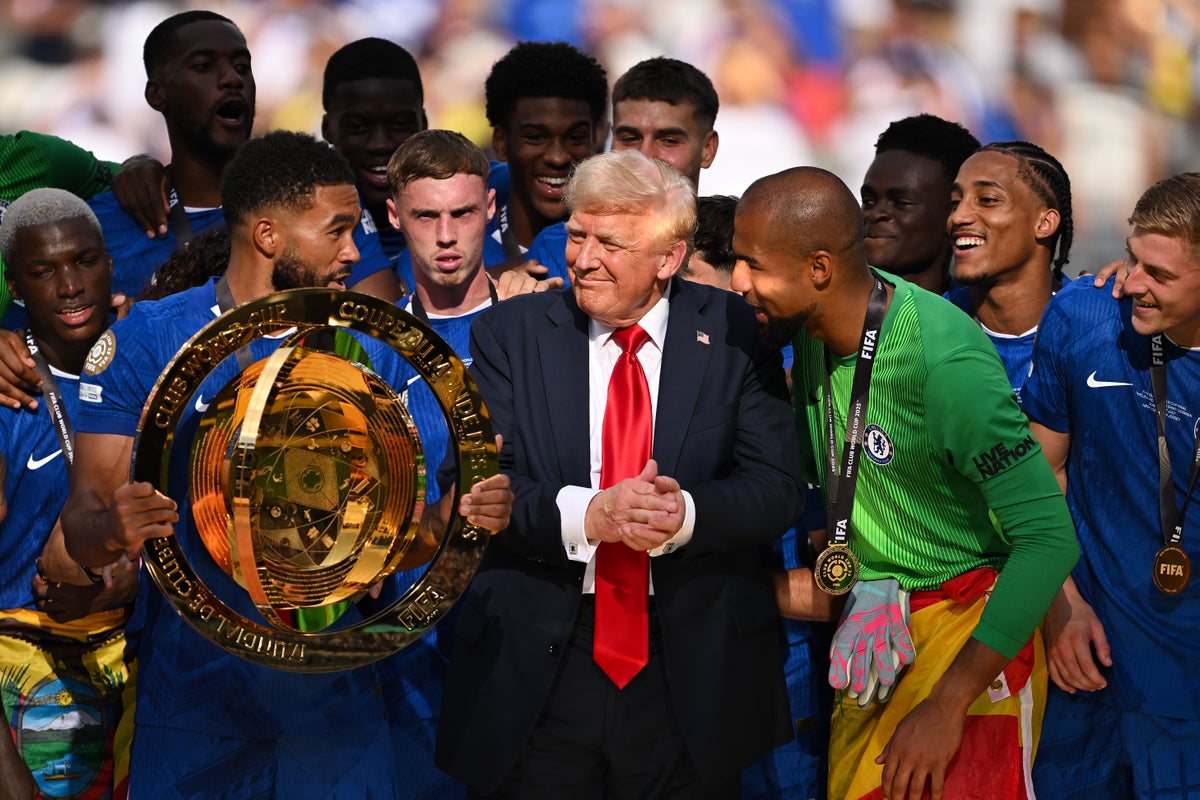
.png?width=1200&auto=webp&crop=3:2#)







